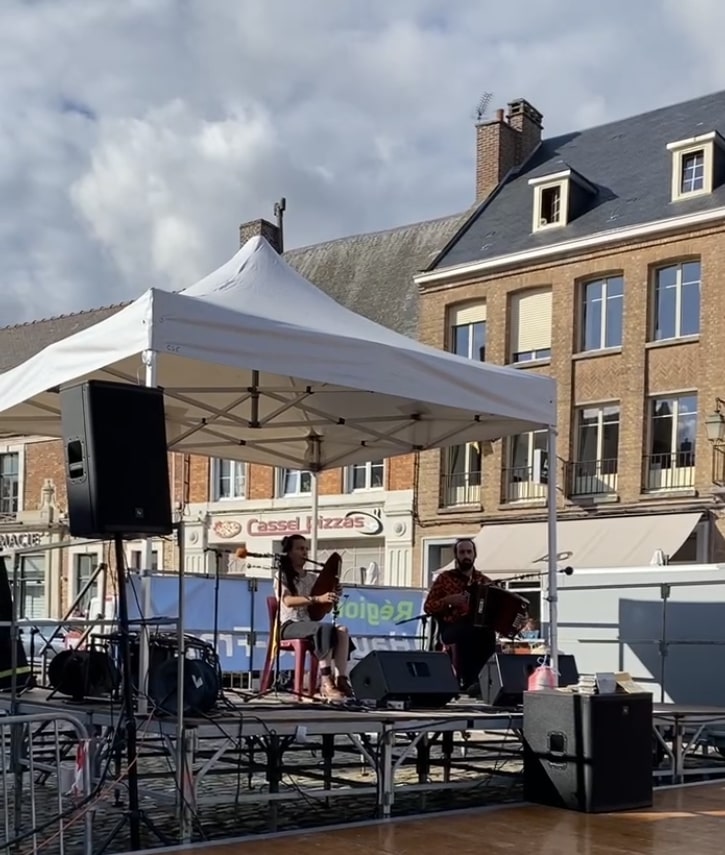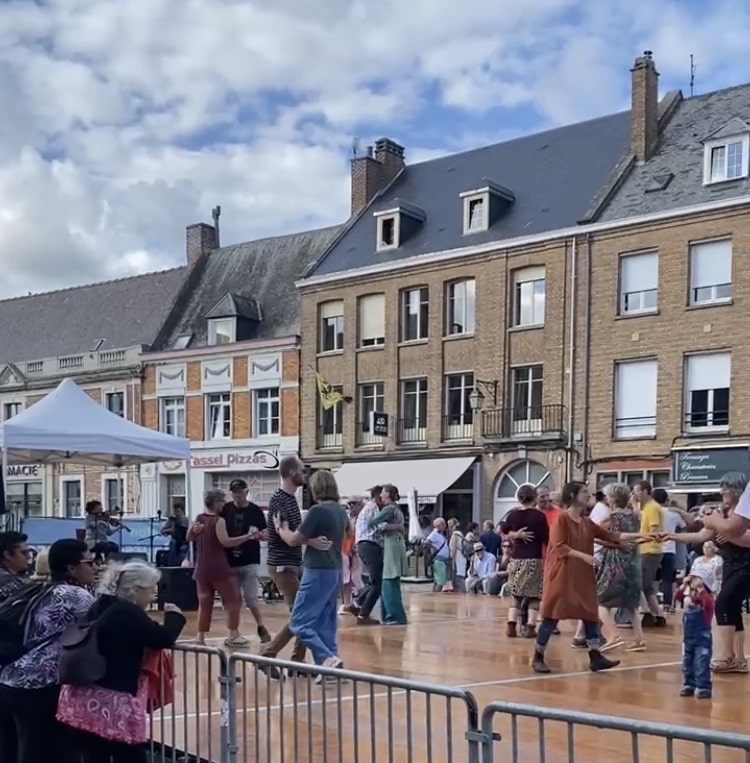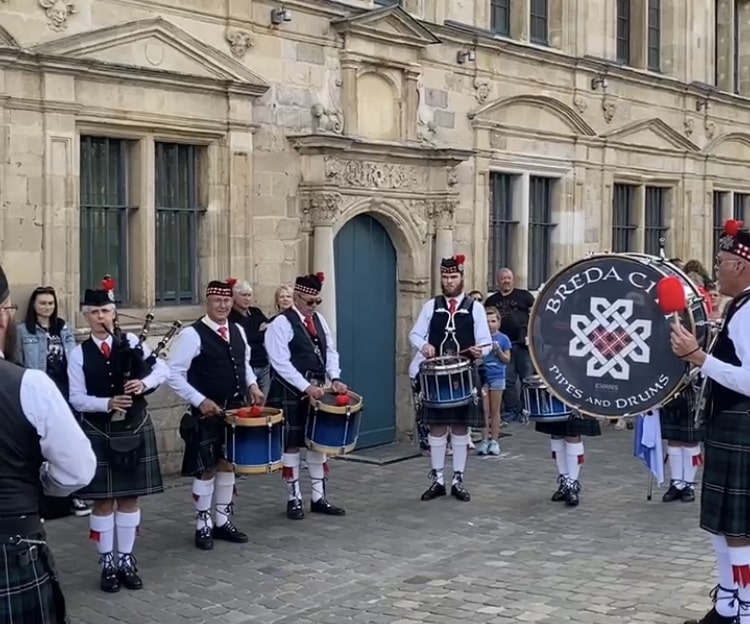The classical idea of musical preferences of people in different countries, like the Russian balalaika, French accordion, Spanish guitar or Scottish bagpipes, is only partly true. In Russia, for example, the piano accordion - a close ‘relative’ of the French accordion - has become a folk instrument, and in France, there is a city where the bagpipes are as popular as in Scotland.
This is a town of Cassel located in northern France near the Belgian border. This is the territory of historical Flanders, which explains a lot, because bagpipes have always been one of the integral attributes of village festivals for local residents and this is reflected in the paintings of Flemish and Dutch painters of the 16th-17th centuries.
Indeed, Cassel was finally annexed to France only in 1678 after numerous wars with the Netherlands being under the Spanish crown at that time, and later on, under the Dutch Republic. Three major battles are known, at least, that were carried out near Cassel located on a high hill above wide plains. The Romans understood its strategic importance. And the last battle - between the Germans and the British - took place near Cassel during the Second World War.
Today, it is a small town with a population of just 2.5 thousand people, however, it has a great cultural, historical and architectural heritage. Must-see places in the town include the stone-paved central square, Notre Dame in the Flemish Gothic style, the Museum of Flanders housed in a 16th-century building, and an ancient wooden windmill.
In 2018, Cassel was recognized as one of the favorite destinations by French tourists. They see at least three reasons to visit Cassel: it is just 3 hours by car from Paris, it gives an opportunity to see the unique Flanders’ heritage and enjoy walking through very picturesque surroundings.
In addition to the amazing architecture and history, visitors admire the beautiful views from the hill; on a clear day, tourists can see the bell tower in Bruges, Belgium, and even the coast of England from the hill. It is also interesting to attend traditional rural festivals to taste local cuisine and drink homemade beer. Indeed, they prefer beer here, not wine! By the way, the locals, according to the French, speak with a slight ‘Teutonic’ accent and have a cheerful disposition and even temper.

But the most important thing for which the French people and tourists from other countries come to Cassel is the Bagpipe Festival held annually in mid-July. However, bagpipes are played here not only during the Bagpipe Festival. They play this instrument at any national, regional, local festival or just at a family celebration, and they sounded their bagpipes masterly. Practically, all local people in Cassel are good at playing the bagpipes as they are used to do it often.
If you can, come and enjoy the live sound of an ancient instrument, people not only walk in the festive procession to its music, but also dance.

By the way, in addition to the Bagpipe Festival, Cassel is known for its Middle Ages festival and carnivals - on Mardi Gras (similar to the Russian Pancake Week, Maslenitsa) and the festival on Easter Monday. The Easter Carnival in Cassel with the local attractions - the giant dolls led by six-meter-tall Papa Le Reuze and Mama La Reuzaine - is included in the UNESCO list of intangible cultural heritage.
And one thing more. If you travel around Europe, do not confuse the French Cassel with the German Kassel. The Germans also brew excellent beer, but they do not have a passion for bagpipes, however, they are proud of their local musical curiosity - a restored ‘water organ’ installed in the 18th century.
Photos and videos courtesy of the author


